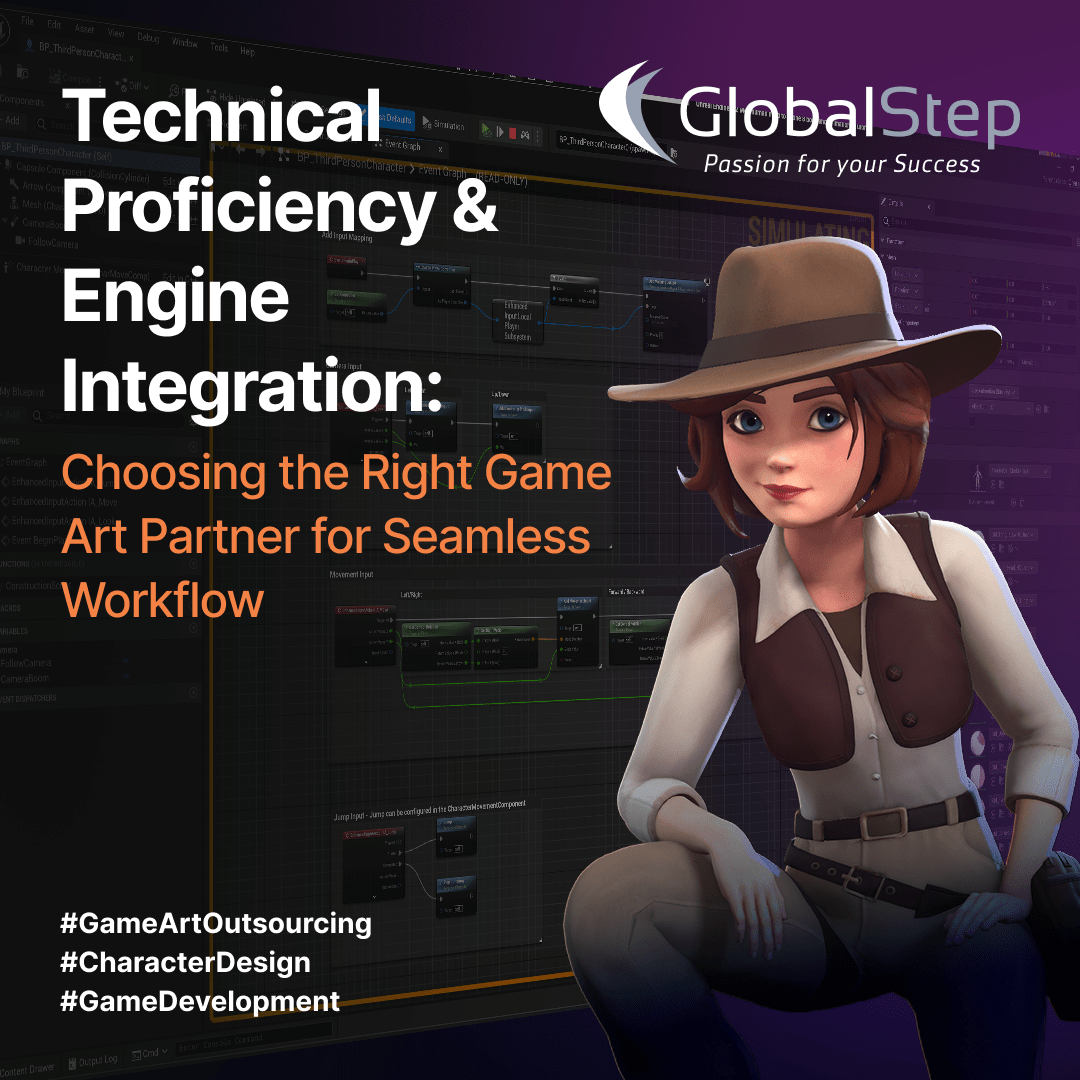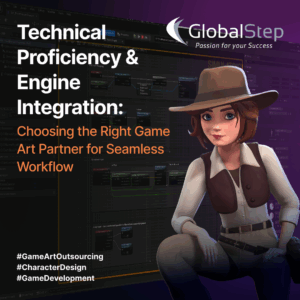Games QA has traditionally been and continues to be one of the key components of the game development life cycle. At its core, it consists of ensuring that the game is behaving as intended, reaches the quality standards expected by users, and meets the requirements set by hardware manufacturers. Games have experienced a paradigm shift themselves – from being one-time monetization model (Develop, Package, Ship) to an ongoing monetization model (Develop, Go Live, Update) model. Previously, games were boxed products, which were once published and done with. The environment has now moved to digital platforms, Games as a Service and freemium models. Alongside, QA has also evolved to take on a much wider role.
QA has evolved from a rudimentary beginning where quality was more of a reactive concept and undertaken only in retrospect. As publishers and developers realized the implications that a poor quality gameplay could have on a game’s lifecycle and customer satisfaction and retention, they started becoming more proactive, and the significance of QA started gaining momentum.
This merits the question – has games QA as a process achieved its maximum potential? I say – far from it! QA is still an isolated part of the game development process, restricted to the beta phase in most instances with a limited scope on either side of beta. But this is about to change as GlobalStep gets ready to reimagine Games QA at the Game Quality Forum 2017. We are introducing the concept of Holistic 360° QA – the new wave collaborative and inclusive QA approach that will have a far-reaching impact on how QA is perceived and the value addition that it can provide
Can you imagine a completely revamped scenario where:
– New wave QA extends far beyond its existing scope and applies itself to the game development life cycle to provide inputs into each stage – resulting in improved predictability and reduced risk.
– Early and continuous engagement of QA right at the start of the game development life cycle during the design phase resulting in better predictive outcomes.
– The entire development team’s DNA becomes impregnated with a strong focus on finding and fixing faults early, incorporating and leveraging feedback from a wide network of sources including telemetry and analytics and deployment of automation – inspired by new wave QA.
– Continuous improvement doesn’t remain a QA-specific process only – but extends throughout the development cycle and closed-loop feedback is incorporated at every state of input and output to improve quality.
– The operating model fosters and empowers collaboration, coordination, and co-operation not just between QA and other teams – but between all the stakeholders for the most optimum and long-lasting games.
The new wave of QA will be pragmatic, creative, supportive and an enabler adopted by emerging leaders and game changers in the games industry. It aims to improve everything from overall game quality, to speed to market, player retention, customer satisfaction, and net promoter scores!
Are you excited about reimagined QA? Watch it being unveiled and meet our experts at Game Development Forum 2017. Click here to book an appointment.
[Suresh Iyer the Senior Vice President – Delivery and Operations and is responsible for the overall strategic and operational responsibility for all service lines of GlobalStep – Testing and Validation, App-Dev, Customer service and Video Analytics. He will be part of the delegation attending the conference.]
localization quality assurance, Localization Testing, Video Games Quality Assurance, Video Game Testers. Game Localization QA. Quality Assurance





